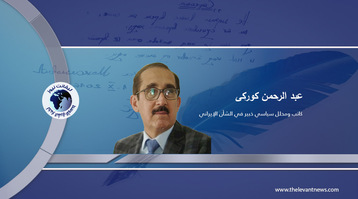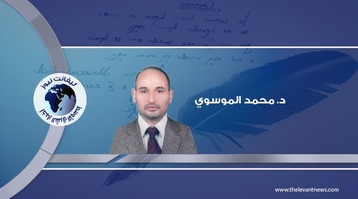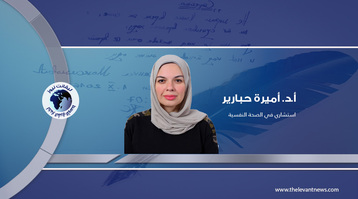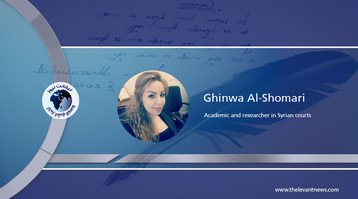-
Macron’s Ukraine Moment

The meeting was long, and the table was huge. That is what images of the Macron-Putin summit will be instantly remembered for. Headlines varied in describing the talks but after five hours of talking and a seven-course dinner no clear ‘breakthrough’ was achieved. Yet the very act of remaining diplomatically engaged should be celebrated in contrast to the chaos of conflict and it is symbolic of Macron’s wider push for EU and particular French global statesmanship.
Since March 2018 the French have been organising the “Paris Peace Forum” where the leaders of the world gather to “develop coordination, rules, and capacities that answer global problems”. Seen by many as a bulwark against nationalist populism and a defence of multilateralism, it’s celebration of global answers to global problems has given Macron, now clear favourite to be re-elected as French President later this year, a taste for leading on the global stage.
Now more than ever the test of that leadership will be seen in Ukraine. Despite US President Biden restoring support to America’s partners and commitments, his withdrawal from Afghanistan signalled to many a policy of continuity when it came to focusing on his domestic agenda. Perhaps sensing this reluctance to get dragged into bloody, expensive and protracted new crisis, Putin has chosen this time to escalate like never before on the borders with Ukraine.
In the face of a reluctant US, a proactive and united Europe is more important to the equation than ever. Although they are not able to bring the same military resources to the arena, which you could argue is a good thing, the threat of sanctions in lieu of Russian action will be owed by Europe particularly when it comes to energy policy. About 43% of the natural gas consumed in the EU comes from Russia, meanwhile Russia and Ukraine together export 29% of the world’s wheat. Meanwhile Russia’s gross international reserves hit $600.9 billion in May of last year, their highest level ever, signalling to many a preparedness to ride out economic sanctions that could follow an invasion of Ukraine.
Russia earns 60% of its import revenues from the EU so a sense as to how temporary repercussions would be is surely a question Putin is asking himself in negotiations with Macron. The size of the table that defined the meeting was argued by some to be an assertion by Putin of power and symbolic of the gaps between the two sides. Later Putin angrily told a French reporter that “Russia is a military superpower and a nuclear superpower” and warned: “There will be no winners and you will be drawn into this conflict against your own will.”
Whilst some observers argue that Putin has tanks so negotiates with tanks, and that the posture towards Ukraine is more bluff than intention. The crescendo of tension continues to rise with the logistics for an invasion now 70% complete and the American’s speculating that the end of the Chinese-hosted Winter Olympics would be the most likely time that events would proceed. Meanwhile in Ukraine itself images of civilians training with wooden weapons as part of civil defence manoeuvres all add to the narrative of unstoppable conflict.
Macron was unable to bring a commitment from Moscow and a reversal of the tanks away from the border, but he was able to keep channels of communication open and lean in on the shuttle diplomacy between Biden and Putin. If losing face and being treated to a show of power by the Russian leader was the price to pay for that, so be it could think the French President.
Following the meetings Macron explained that he had a “substantial, deep” discussion with Putin, with a focus on conditions that could help de-escalation. “We tried to build converging elements,” he said. “The upcoming days will be crucial and deep discussions together will be needed.” He added that it’s Europe’s duty to find a solution to try to rebuild good-neighborly ties with Russia. If Macron is able to present and convince Putin to adopt a roadmap not only for Russian de-escalation but also beyond to a future redefined relationship between Russian, Europe, the US, NATO and of course Ukraine, then he’s in Nobel Peace Prize territory.

BY: James Denselow
You May Also Like
Popular Posts
Caricature
Syrians' concerns now
- December 10, 2024
Syrians' concerns now #Syria
#Bashar_al-Assad
#Liberation_of_Syria
#Syrians
#Future_of_Syria
#Levant_News

opinion
Report
ads
Newsletter
Subscribe to our mailing list to get the new updates!



















